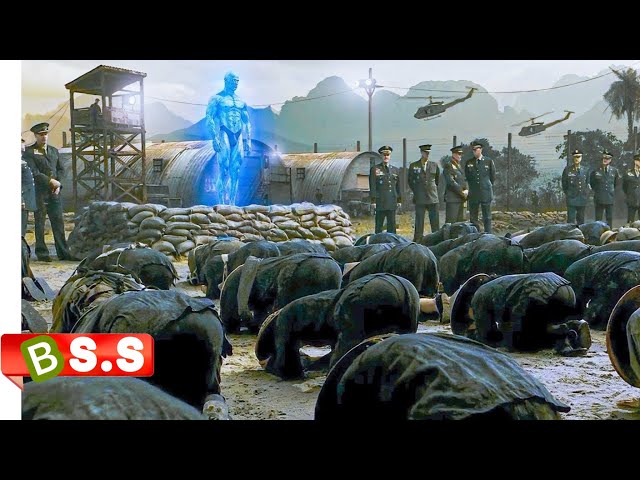
**Watchmen: A Deep Dive into Heroes, Morality, and Global Tension**
Set against the backdrop of an alternate 1985 where Cold War tensions between the U.S. and Russia threaten global annihilation, “Watchmen” explores a world where superheroes are outlawed, retired, or operating in secrecy. This review focuses on the intricate narrative, character dynamics, and moral complexities that define this gripping story.
The story begins with the murder of The Comedian, a retired government superhero, in his Manhattan apartment. His death triggers an investigation by Rorschach, another vigilante, who uncovers a conspiracy targeting former heroes. As Rorschach digs deeper, he learns that Adrian Veidt, a retired hero turned billionaire, is behind the attacks. Veidt’s plan involves framing Dr. Manhattan—a godlike being with immense powers—for catastrophic explosions across major cities, all to unite the U.S. and Russia against a common “enemy” and prevent nuclear war. The plot weaves through past and present, revealing Dr. Manhattan’s origin as a physicist transformed by a lab accident, his strained relationship with Laurie Jupiter, and the eventual exposure of Veidt’s morally ambiguous scheme to “save” the world through calculated destruction.
Performances and direction are central to the film’s impact. Dr. Manhattan’s detached yet conflicted persona contrasts sharply with Rorschach’s relentless, gritty determination. Laurie Jupiter’s emotional depth and Adrian Veidt’s calculated calmness add layers to the narrative. The direction skillfully balances action with philosophical undertones, emphasizing themes of power, responsibility, and sacrifice. Characters are portrayed with nuance, making their moral dilemmas feel authentic and impactful.
Music and technical aspects, while not extensively highlighted, serve the story adequately. The score complements the tense, dystopian atmosphere without overpowering key scenes. Visual effects, particularly Dr. Manhattan’s ethereal presence and the explosive set pieces, are executed with precision, enhancing the narrative’s scale. The cinematography uses a muted palette to reflect the grim tone, though it avoids becoming overly stylized. Overall, these elements support the story without becoming distractions.
In conclusion, “Watchmen” is a thought-provoking exploration of heroism and ethics, questioning whether the ends justify the means in a world on the brink. Its complex characters and layered plot make it a standout narrative that resonates long after the credits roll. For those who enjoy morally grey stories with action and depth, this is a must-watch. Don’t miss “Watchmen”—stream it now and join the conversation.




